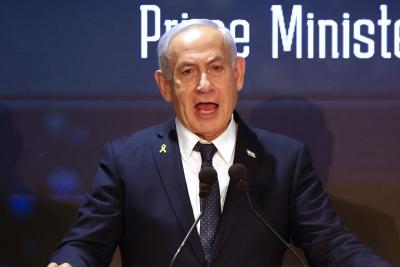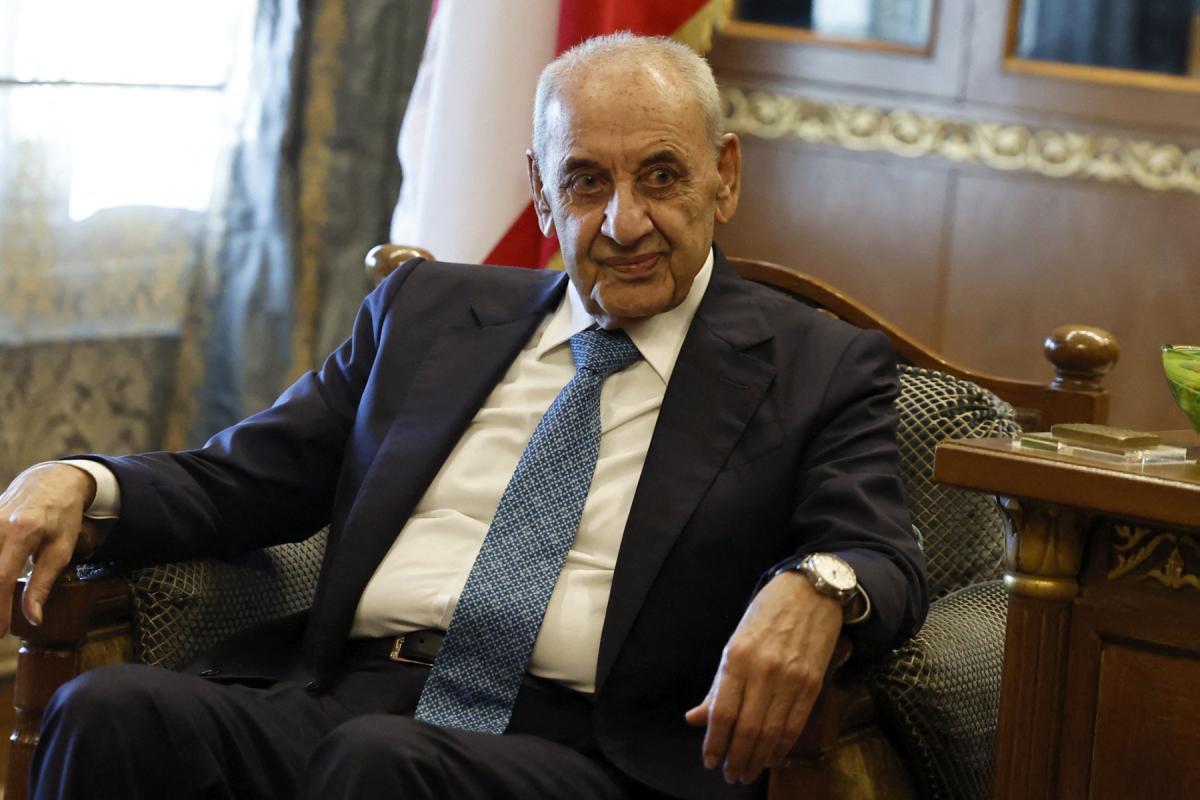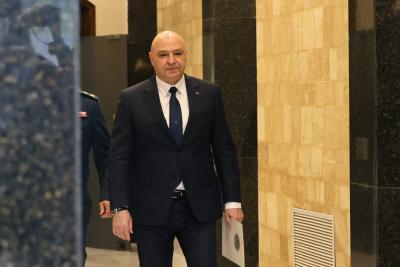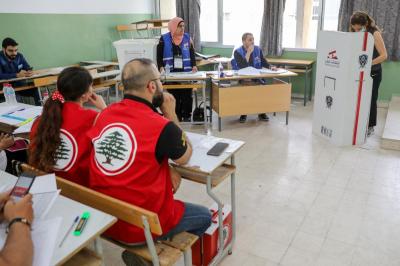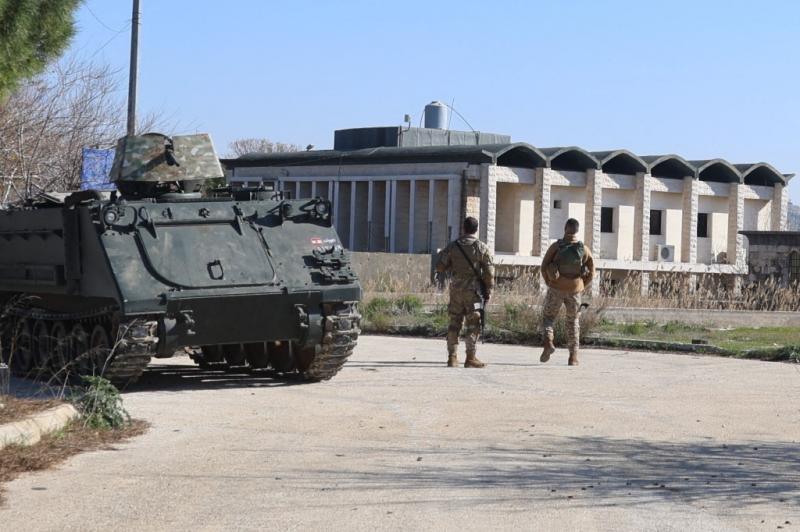With measured calm, Speaker of Parliament Nabih Berri maneuvers through political obstacles, maintaining a delicate balance between cooperation and strategic caution. He grants the government room to act while keeping his gaze fixed on looming difficulties. By scheduling the confidence sessions for the government over two days, Berri ensures thorough discussion of the ministerial statement while accommodating the funeral of Hezbollah Secretary-General Hassan Nasrallah. However, beyond these practical considerations, Berri’s decision carries a political message: while the government can operate within its executive scope, the parliamentary agenda remains under his authority.
Prime Minister Salam has no objections toWith his usual pragmatism, Speaker of Parliament Nabih Berri approaches Lebanon’s political hurdles with a blend of patience and strategic foresight. He maintains a delicate balance—offering concessions to the presidency and the government while keeping an eye set on the turbulent period ahead. His decision to schedule two days of parliamentary debate on the ministerial statement before the confidence vote serves multiple objectives. It allows for thorough deliberation, accommodates the funeral of Hezbollah Secretary-General Hassan Nasrallah, and, most significantly, reinforces his authority over parliamentary proceedings. By doing so, Berri sends a clear message to the executive branch: while it has the jurisdiction to govern, he remains in control of the legislative timetable.
For Prime Minister Nawaf Salam, the timing is not an issue. He is preparing to present his government before Parliament to secure its vote of confidence based on the ministerial statement. In its final draft, Salam carefully crafted the statement to appeal to the parliamentary majority, omitting any reference to the resistance. Instead, he focused on the role of the state in liberating occupied land, securing borders, and countering terrorism. He also emphasized the Lebanese Army’s role in extending state authority and pledged to strengthen the military with manpower and resources to enable it to fulfill its duties.
The ministerial statement promises to "strive for the reconstruction of a sovereign, capable, and just state," providing a detailed vision for restoring institutions, filling administrative vacancies, and holding municipal and parliamentary elections on schedule. Salam's approach aimed to resonate with all factions by incorporating broad aspirations aligned with the ideal of a functioning state. However, not everything in the statement is realistically achievable due to political and sectarian complexities—especially in matters of appointments, be they military, security, diplomatic, or judicial. These decisions intertwine sectarian allocations with political calculations. On financial and economic reform, the government pledged to engage in renewed dialogue with the International Monetary Fund (IMF), implement fiscal reforms, and work toward the recovery of depositors' funds.
Appointments, however, remain subject to two key dynamics: the Taif Agreement, which mandates equal representation between Muslims and Christians, and the political power-sharing system among parties and factions. The statement asserts that administrative appointments will follow a merit-based selection process, but past experiences have shown that such mechanisms often succumb to political bargaining. The government now faces a critical test—whether it will partially address vacancies to avoid contentious wholesale appointments or move forward with a comprehensive plan, as suggested by the president’s camp, which insists that appointments are a top priority and may be implemented in batches.
On the international front, the government tailored its ministerial statement to appeal to foreign stakeholders, making promises, seeking commitments, and calling for action—particularly concerning the reconstruction of areas devastated by Israel’s war. However, turning these pledges into tangible results depends on the government's ability to implement necessary reforms, as the international community conditions its support on administrative and financial restructuring and an agreement with the IMF.
With only a limited time left in its mandate, the government is unlikely to fulfill all its promises. As Lebanon moves closer to its electoral deadlines, there is a growing possibility that the cabinet will shift into election mode, especially if efforts are made to amend the electoral law—an idea hinted at by the prime minister, who referenced the Fouad Boutros electoral proposal. Such reforms would require extensive discussions, committee debates, and parliamentary negotiations, all of which demand significant time. Nonetheless, the government is expected to secure a vote of confidence with a comfortable majority. The Shiite duo—Hezbollah and Amal—will not break the anticipated parliamentary consensus. Given that Hezbollah played a role in drafting and amending the statement, particularly on the neutrality clause, it is unlikely to withhold its confidence.
Most parliamentary factions are expected to grant the government their confidence, with the exception of some Sunni MPs and those affiliated with the Free Patriotic Movement (FPM), which the prime minister deliberately excluded from his cabinet. Meanwhile, external actors are expected to influence the process, signaling to lawmakers the importance of supporting Salam’s government.
With its mandate secured, the administration will launch its first major undertaking: security appointments, an exclusive prerogative of the president. These will be followed by administrative appointments, a complex process fraught with political challenges. While securing a vote of confidence is a given, what remains uncertain is how the government will function and where it will begin in its mission to revive the country. This comes against a backdrop of escalating Israeli threats, unfulfilled international agreements, and mounting American demands—the most pressing of which is restricting Iranian air traffic. Additionally, security appointments, including the appointment of the Army Commander and key positions at the Central Bank of Lebanon, will ultimately be subject to U.S. influence, making the road ahead all the more challenging. the timeline and is preparing to present his government for a vote of confidence. In crafting the final ministerial statement, he skillfully addresses opposition concerns, deliberately omitting any mention of the "resistance." Instead, he emphasizes the state’s role in liberating occupied land, securing borders, and combating terrorism. He also underscores reliance on the Lebanese army to uphold state authority and pledges to strengthen its capabilities.
The ministerial statement promises to “rebuild a sovereign, capable, and just state,” detailing plans for institutional reforms, filling administrative vacancies, and ensuring timely municipal and parliamentary elections. While Salam’s rhetoric resonates with advocates of a strong state, the feasibility of these promises remains uncertain due to entrenched political and sectarian constraints.
Appointments and Economic Reforms: A Tough Road Ahead
From military, security, and judicial appointments to financial and economic reforms, the government faces a daunting task. It pledges to establish a transparent mechanism for administrative appointments based on merit, yet past experiences suggest that political power-sharing often prevails over qualifications. While some anticipate only partial appointments to avoid tensions, others indicate that a comprehensive reshuffle is imminent.
Externally, the government seeks to reassure the international community, hoping to translate diplomatic promises into tangible support, particularly for post-war reconstruction efforts following Israeli attacks. However, such aid hinges on Lebanon’s commitment to financial and administrative reforms and an agreement with the International Monetary Fund.
With limited time before the next elections, the government risks being reduced to a transitional administration, especially if it moves to amend the electoral law. Prime Minister Salam has hinted at revisiting Fouad Boutros’ electoral proposal, which would require extensive parliamentary debates and committee work—both time-consuming endeavors.
Despite these challenges, the government is expected to secure parliamentary confidence with a majority vote. The Shiite duo—Hezbollah and Amal—will align with the broader consensus, as they shape the ministerial statement, including the clause on Lebanon’s neutrality. Only a handful of Sunni MPs and Free Patriotic Movement deputies, excluded from the government, are likely to withhold their confidence.
Trust Secured, but Governance Challenges Loom
Just as with the confidence vote, external actors are expected to push parliamentarians toward endorsing the government. Once in place, its first major test will be security and administrative appointments, particularly those under the president’s authority. The road ahead remains fraught with obstacles, from persistent Israeli threats to unfulfilled international agreements and mounting U.S. pressure—most notably regarding restrictions on Iranian aviation.
While the government will likely pass the confidence hurdle, its ability to implement reforms and revive the country remains uncertain. The real challenge begins now: navigating Lebanon’s economic collapse, geopolitical tensions, and internal political complexities while keeping the international community engaged.
 French
French




